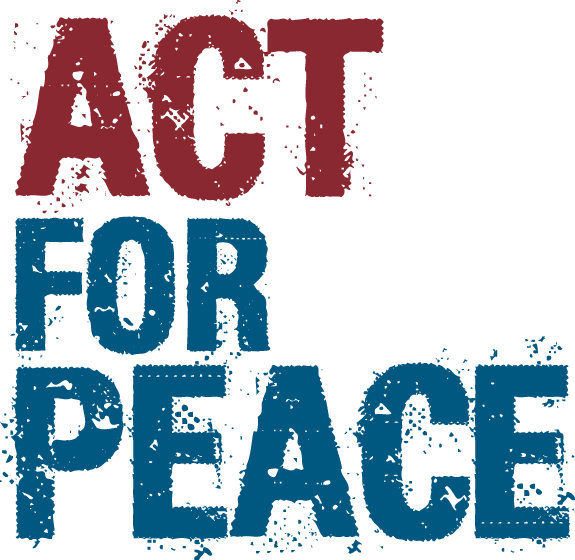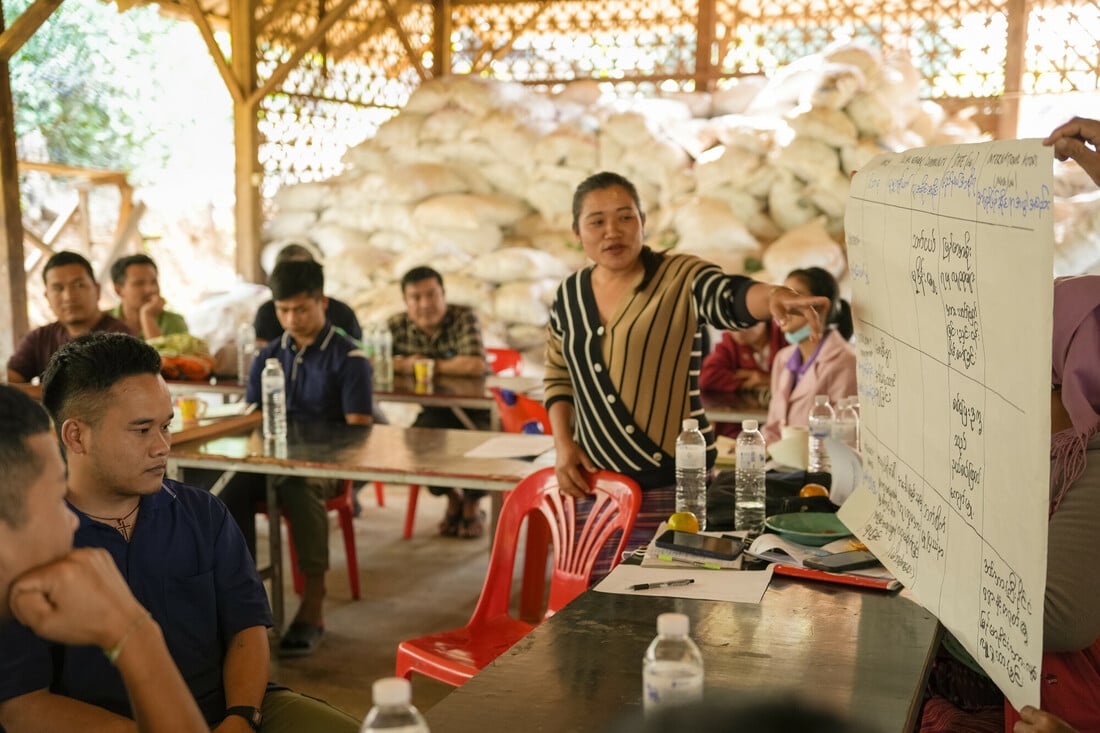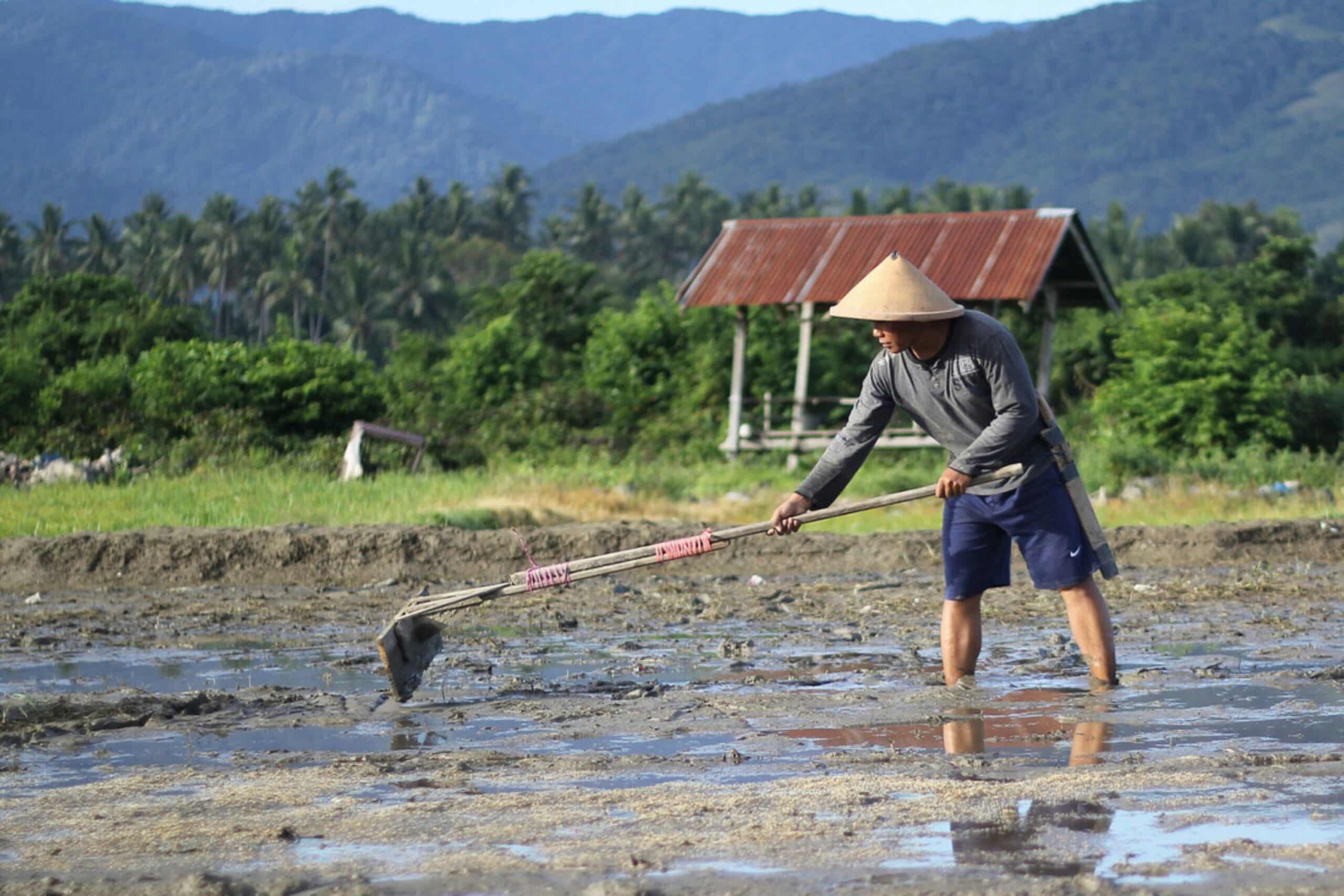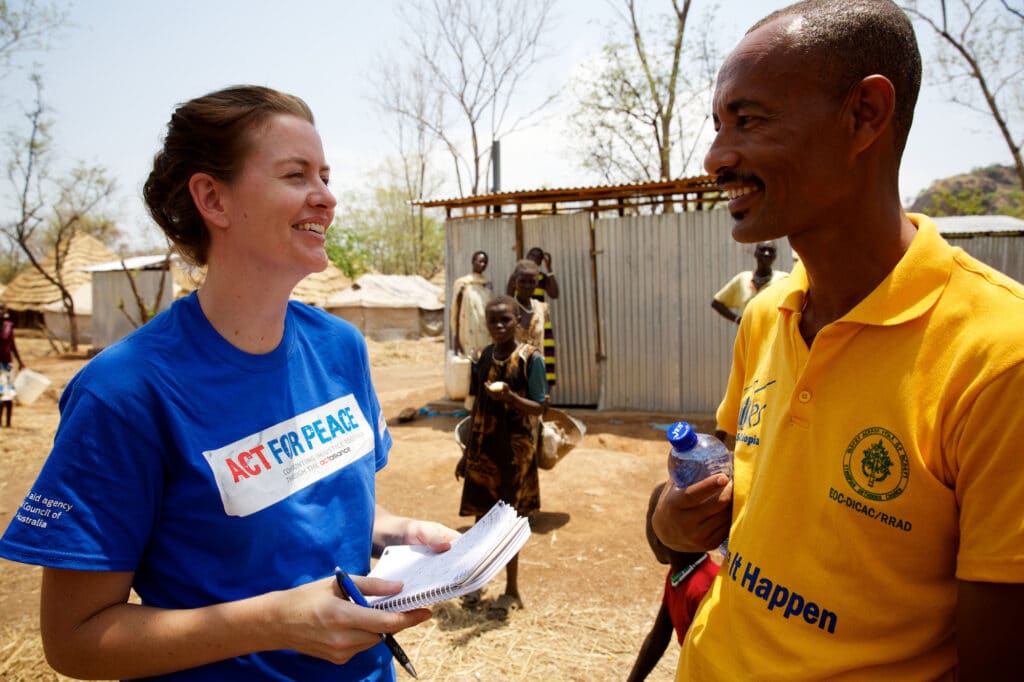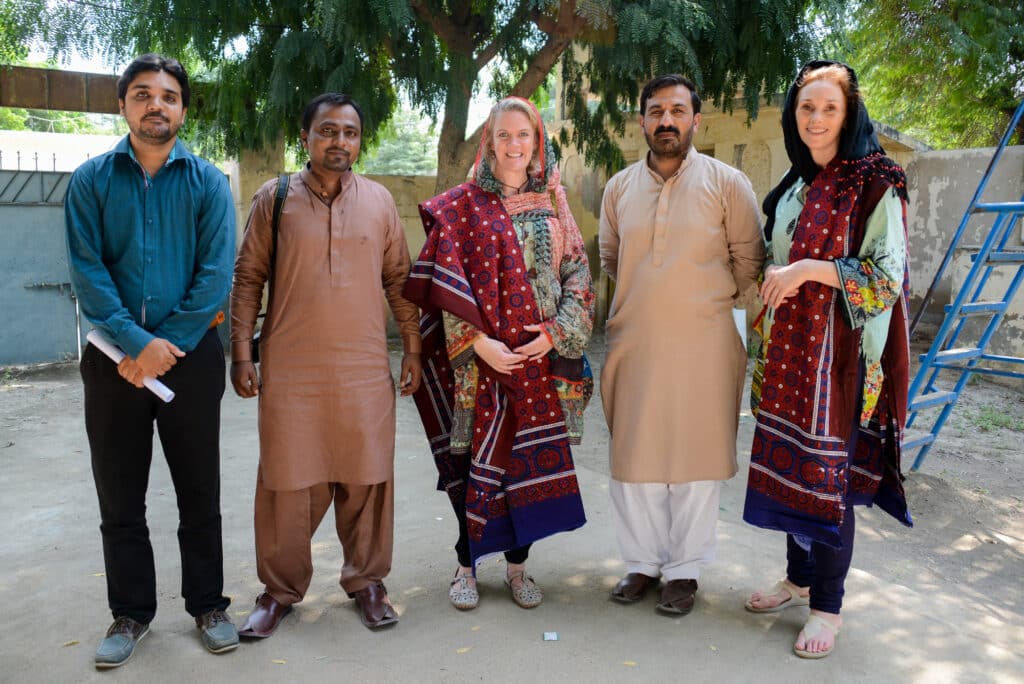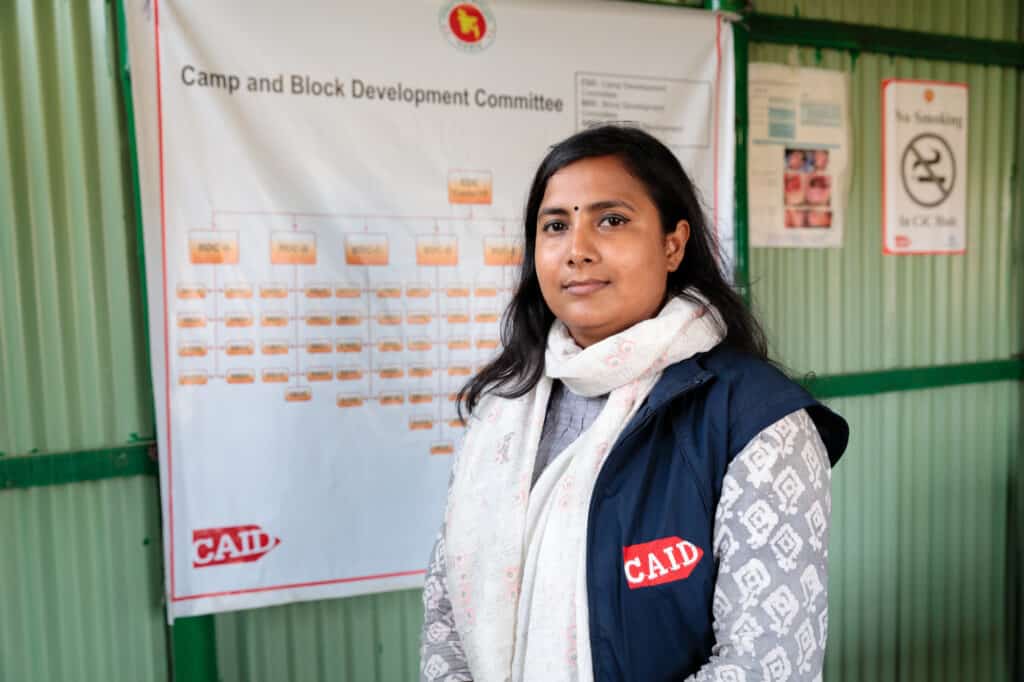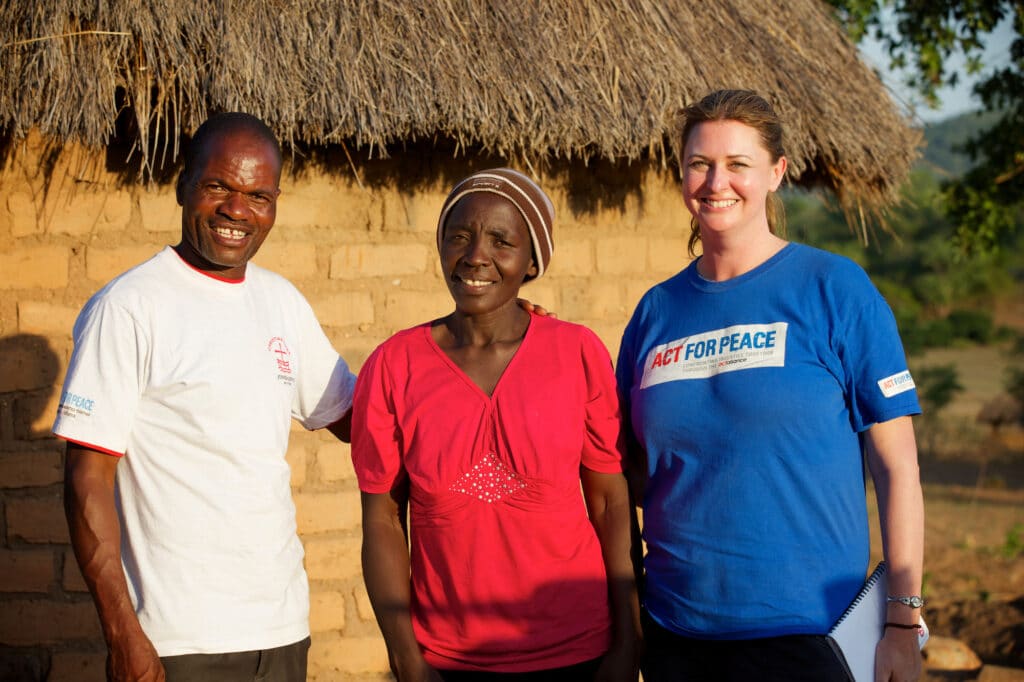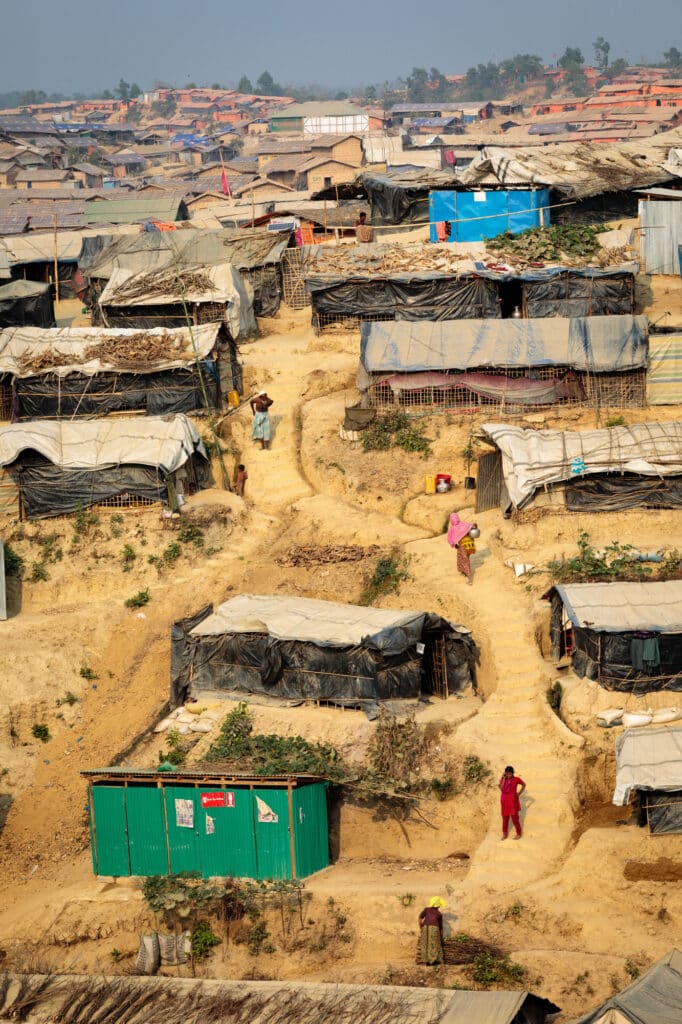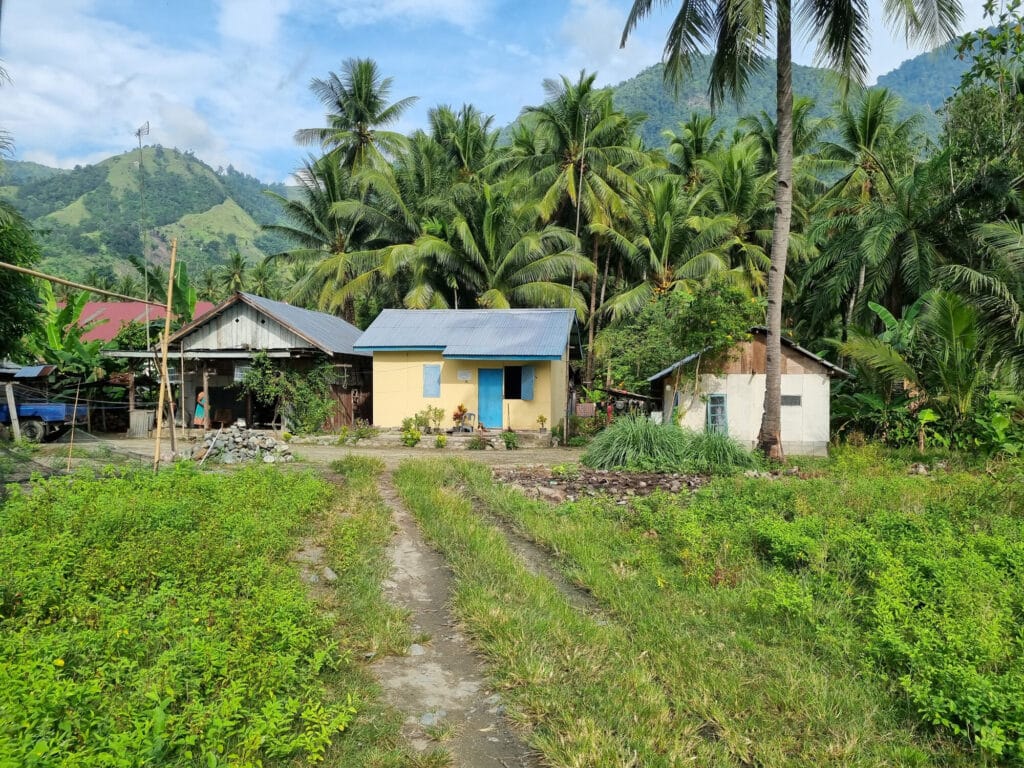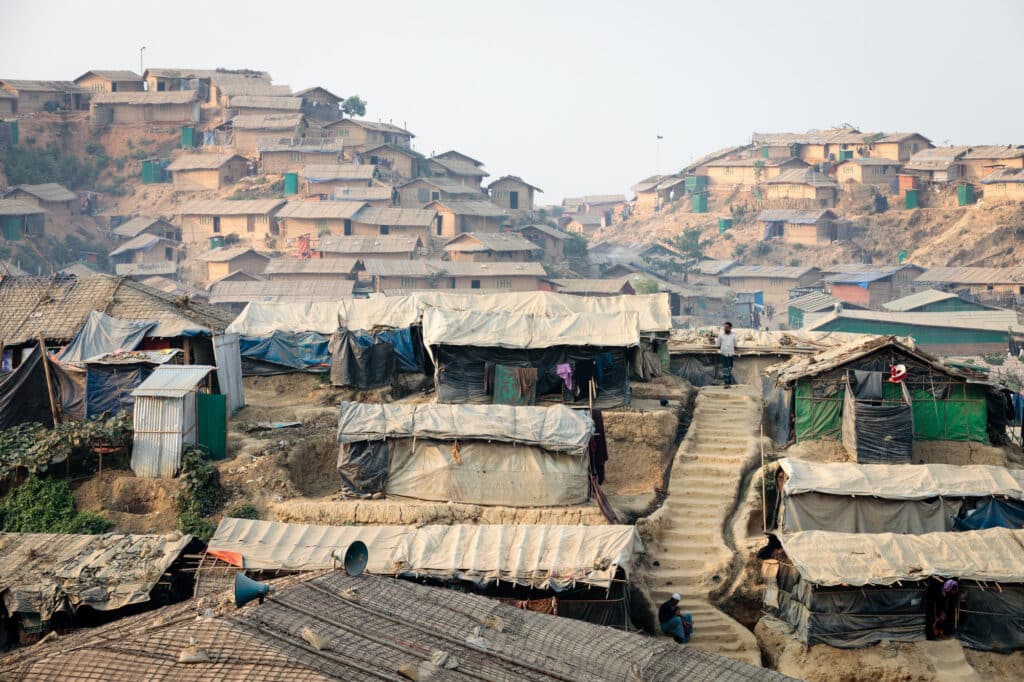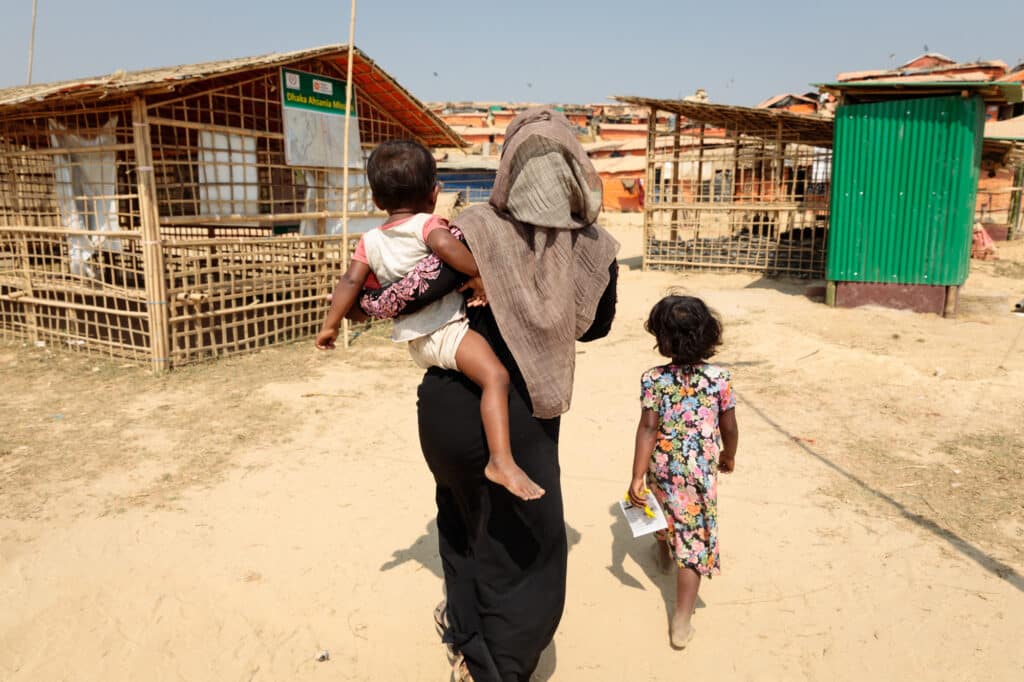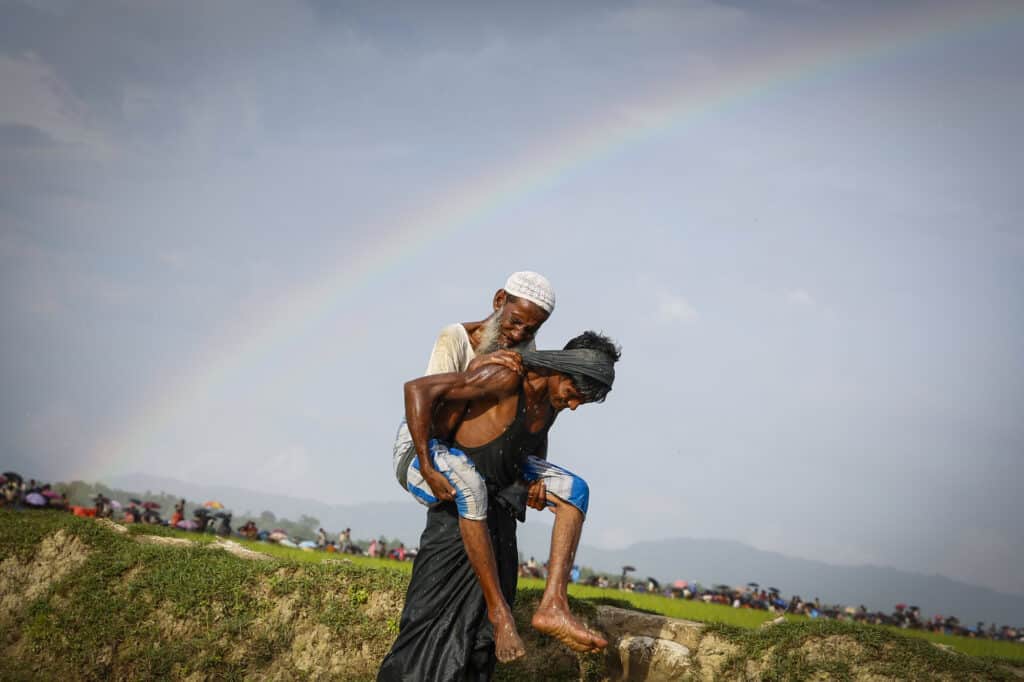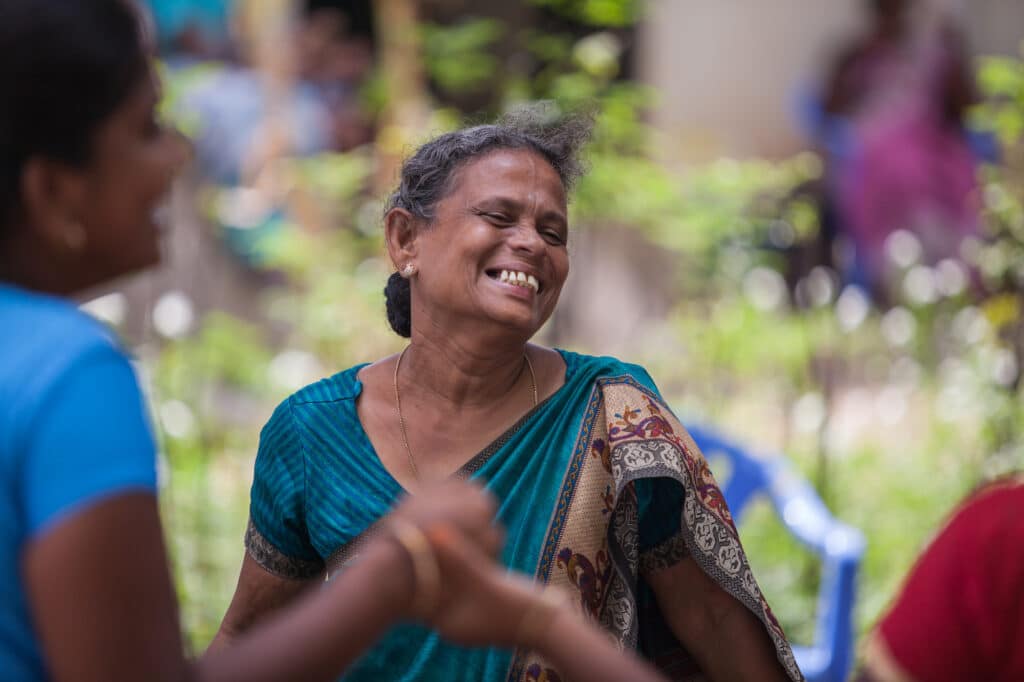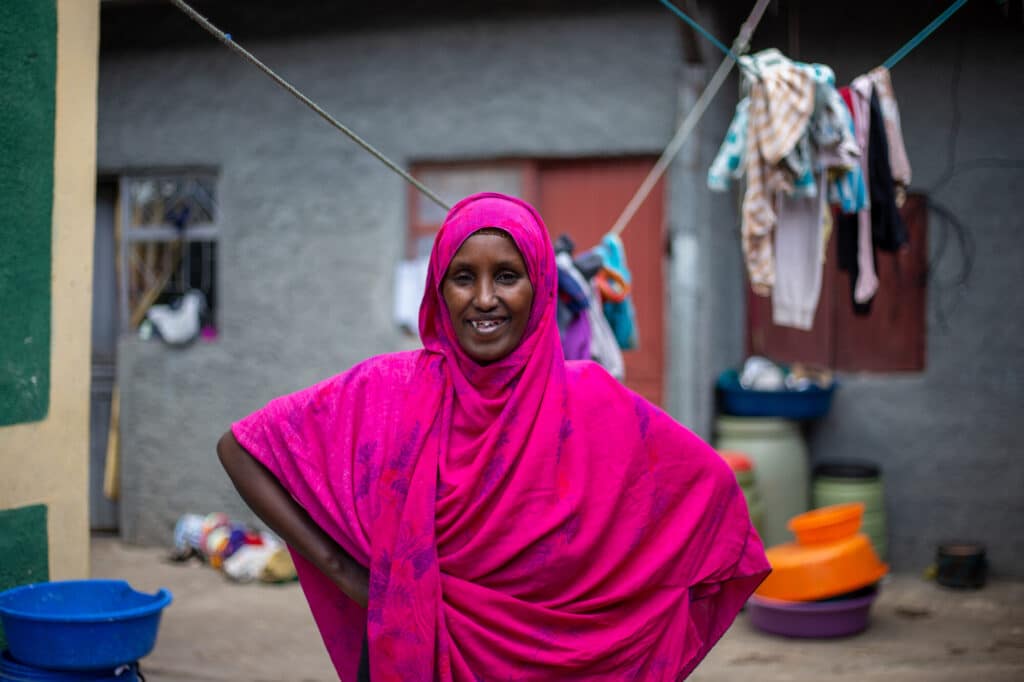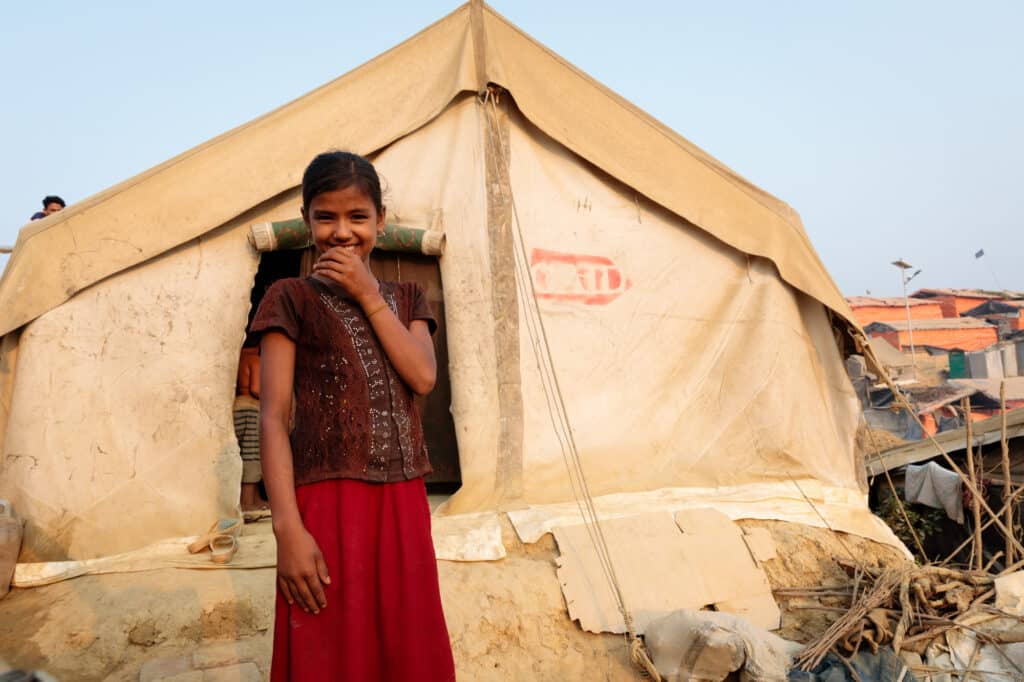News – Publications – Research
Research publications
We have decades of experience in working with our local partners to develop projects and advocacy that promote the agency and protection of displaced people.
We’re committed to our own journey of transformation as we listen, learn, and provide our own vital contribution to a world where people uprooted by conflict and disaster have a safe place to belong. Explore our research publications below.
A model of refugee self-governance
The contributions and challenges of refugee-led initiatives in thailand
The work of refugee-led Camp Committees in Thailand serves as a model for refugee self-governance.
This report examines the contributions and challenges of refugee-led initiatives (RLIs) in Thailand, against the backdrop of massive international funding cuts and sudden policy shifts away from humanitarian aid by the international community of States.
The research project explores the ways in which RLIs support and engage with their communities and other stakeholders, as well as the barriers that they face when conducting their work.
climate displacement strategy
Climate change and its impacts are dramatically affecting the frequency of displacement, how and where people are being displaced, and the number of people being forced to flee their homes.
This brings unique challenges, increases protection needs, and will require new and innovative solutions and ways of working.
Act for Peace’s new climate displacement strategy sets out a framework to better understand these challenges and strengthen locally-led, community-based programs over the next five years.
Guidelines seek to provide clear principles and strategies for individuals and organisations interested in undertaking, supporting or learning more about research that is co-produced with refugees and other people with lived experience of displacement.
Les présentes lignes directrices visent à fournir des principes et des stratégies clairs aux personnes et aux organisations désireuses d’entreprendre, de soutenir ou d’en apprendre davantage sur la recherche coproduite avec des réfugié.e.s et d’autres personnes ayant une expérience vécue du déplacement.
Les présentes lignes directrices visent à fournir des principes et des stratégies clairs aux personnes et aux organisations désireuses d’entreprendre, de soutenir ou d’en apprendre davantage sur la recherche coproduite avec des réfugié.e.s et d’autres personnes ayant une expérience vécue du déplacement.
Guidelines seek to provide clear principles and strategies for individuals and organisations interested in undertaking, supporting or learning more about research that is co-produced with refugees and other people with lived experience of displacement.
Report: The Contributions and Challenges of Refugee-led Initiatives in Rohingya Refugee Camps in Bangladesh
Report: Contributions and Challenges for Refugee-led initiatives in Indonesia
Policy Brief: an Agenda for Dignified and Sustainable Rohingya Refugee Response in Bangladesh
Policy Brief: an Agenda for Dignified and Sustainable Rohingya Refugee Response in Bangladesh
Report: Agenda for a Dignified and Sustainable Rohingya Refugee Response in Bangladesh
Policy Brief: the Gender Action Platform funded ‘I’m Prepared’ project
Joint-Written Submission on ‘meaningful participation’ to the High-Level Officials Meeting
Joint-Written Submission on the use of the term ‘Persons-of-Concern Organisations’, advocating for a more appropriate and inclusive term.
